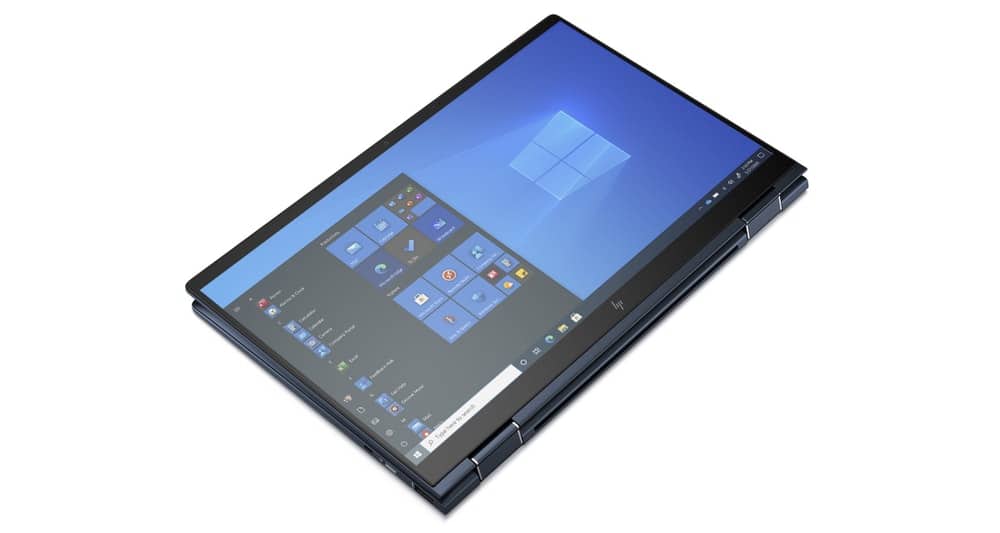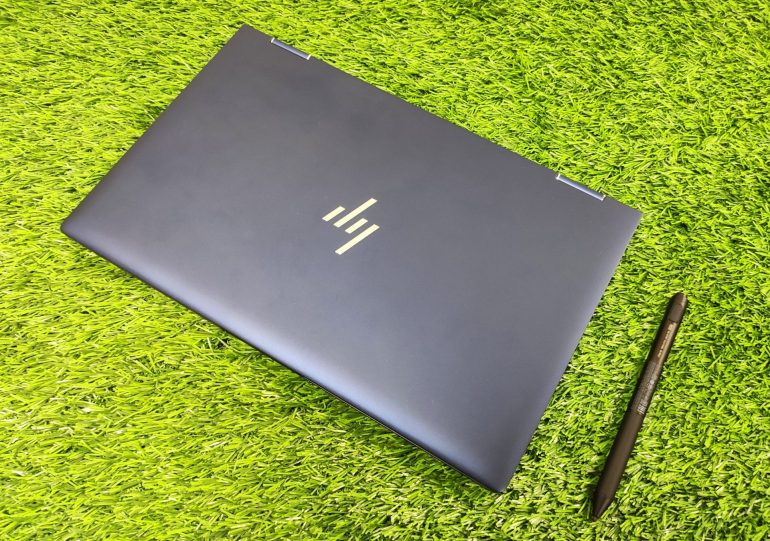

But both the X1 Carbon and XPS 13 Plus did better here, getting close to or above 1,500 MBps.Īs far as two-pound ultraportables go, the keyboard on HP's Elite Dragonfly G3 is very good. That's reasonably speedy for an office productivity laptop, and easily better than the ThinkPad Z13's 930.38 MBps on the same test. HP's ultraportable transferred our 25GB of test files at a rate of 1,157.23 MBps. This time it was the AMD-powered ThinkPad Z13 that finished first, in just 7 minutes and 9 seconds. That was more than a half minute behind the Lenovo ThinkPad X1 Carbon (12:33) and well behind everything else. On our Handbrake test, in which we task laptops to transcode a 4K video to 1080p, the Dragonfly took 13 minutes and 9 seconds.

That's pretty close to the competition on the single core test, but the Dell XPS 13 and its P-series CPU did noticeably better, with a score of 1,797, and everything else in our comparison group did better than the HP on the multi-core test, with the Dell again coming in first with a score of 10,621.

On Geekbench 5, an overall performance test with an emphasis on the CPU, the Dragonfly posted a single-core score of 1,647 and a multi-core score of 6,501. But there are two fans and a heatpipe in the laptop keeping thermals in check. In all but the most hushed environments, you'll likely forget it has fans at all. We'll see shortly how that lands when it comes to performance, but I will say that the HP Elite Dragonfly G3 is extremely quiet. The U-series CPU is an interesting choice when competitors like the Dell XPS 13 Plus and Lenovo's Yoga 9i Gen 7 are opting for higher-power Intel P series CPUs. Our review configuration of the HP Elite Dragonfly G3 came equipped with an Intel Core i7-1265U CPU, 16GB of DDR5 RAM and a 512GB SSD. Productivity Performance on the HP Elite Dragonfly G3


 0 kommentar(er)
0 kommentar(er)
